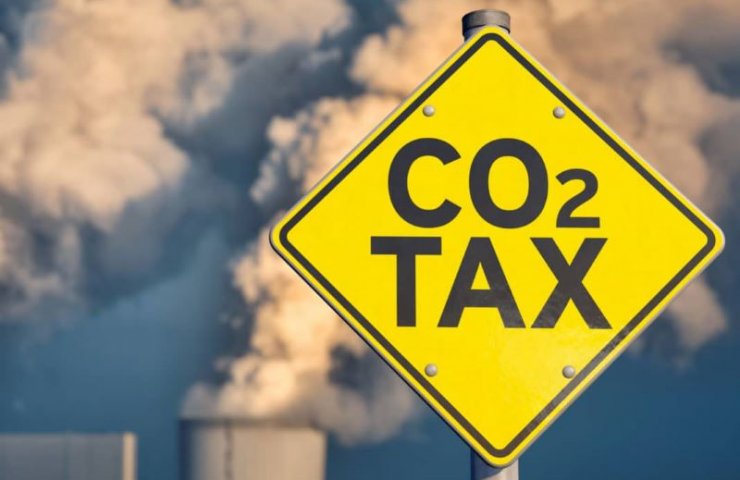The European Union plans to start levying carbon charges on imports of certain goods, including steel, cement and electricity from 2023.
On July 14, the European Commission is to propose its Border Carbon Adjustment Mechanism (CBAM), a move designed to put EU companies on par with competitors in countries with weaker carbon policies.
Published by EURACTIV the document shows that the proposal will take the form of a decree establishing a carbon frontier regulator, with this measure being phased in from 2023, and the full implementation - from 2026.
The new CBAM tax will apply to steel, cast iron, cement, fertilizers, aluminum and electricity. It will cover both direct emissions - those involved in production “over which the manufacturer has direct control, including emissions from heat and cold production consumed in the production process”, and indirect emissions such as “electricity consumed in the production process. goods ".
Importers will need to provide details of the imported goods, including the "unique identifier assigned by the CBAM", type and quantity, country of origin and calculation used.
Importers will be required to purchase digital certificates, each representing a ton of carbon dioxide emissions contained in their imported goods.
The price of the certificates will be tied to the cost of permits in the EU carbon market and will be based on the average price of EU carbon auctions each week.
According to the document, the border tariff on carbon emissions will not apply to the countries of the customs union - Iceland, Liechtenstein, Norway and Switzerland. It will also not apply to EU overseas territories.
In the event that any country sets carbon prices similar to European ones, the tariff will also not be applied. At the same time, some of the poorest countries in the world can get exemption, said EU climate leader Frans Timmermans. It has already been reported that Ukraine will become one of these countries. Olga Stefanishina, Vice Prime Minister for European and Euro-Atlantic Integration, confirmed the agreement with the European Union that the introduction of the CBAM mechanism will not affect restrictions on trade with Ukraine.
Every year, by the end of May, importers will be asked to report the amount of emissions associated with the goods they imported into Europe in the previous year, plus the number of border duty certificates they have passed. If an independent verification does not confirm the declared volumes of "imported" emissions, without adopting, for example, the methodology for calculating emissions, the importer is fined three times the value of the "unselected" certificates. This will use some "basic" calculations.
EU power plants and industries must buy permits from the EU carbon market to cover their emissions. Permit prices hit record highs this year, trading at € 52 /t CO 2 late last week.
The planned measure is part of a broader 2030 emission reduction package. The 27-nation bloc is tightening its environmental regulations as a result of a major reset that will affect everything from transportation to energy production and trade. The main goal of the Green Deal is to make Europe the world's first climate-neutral continent by mid-century.




